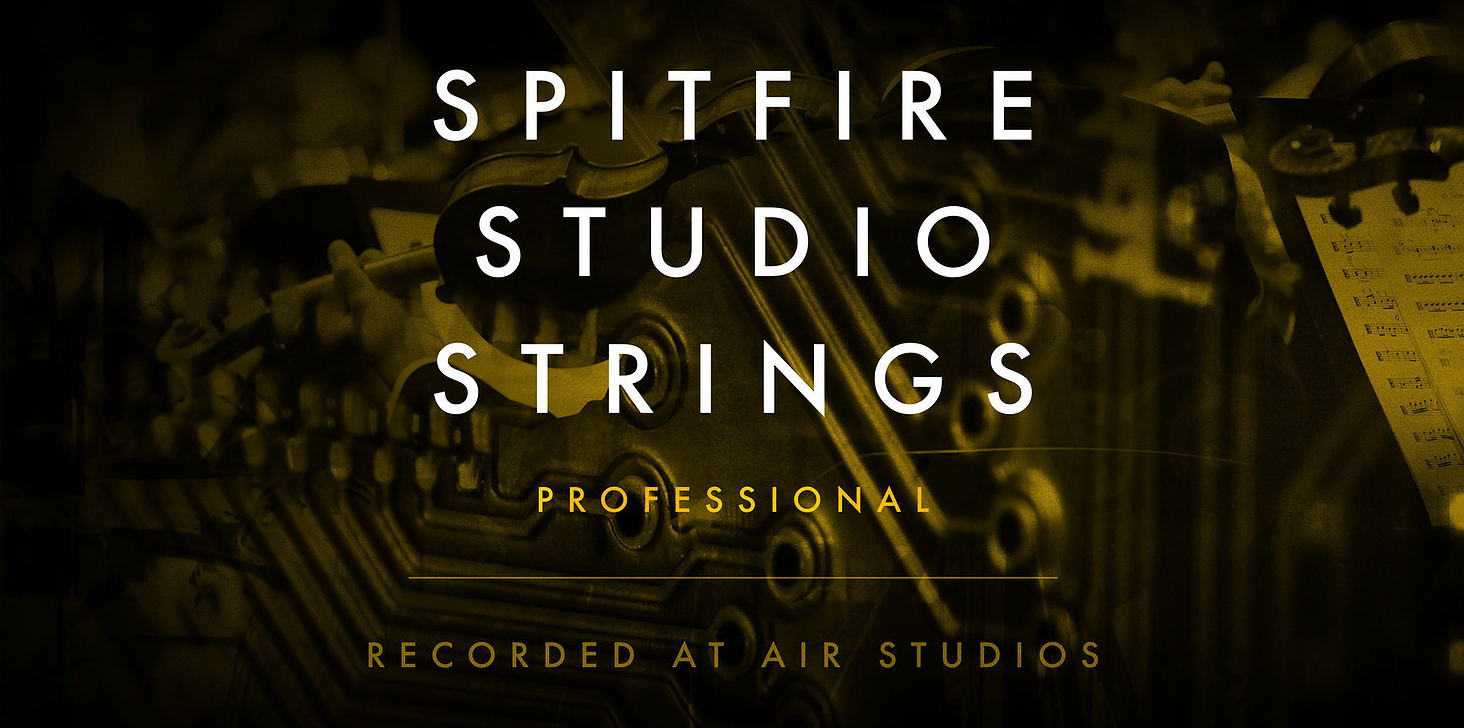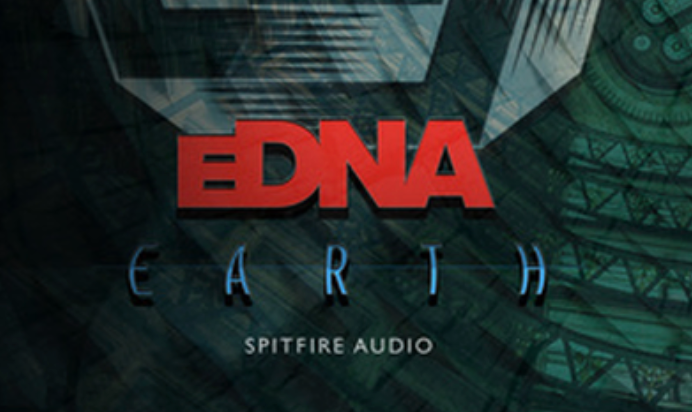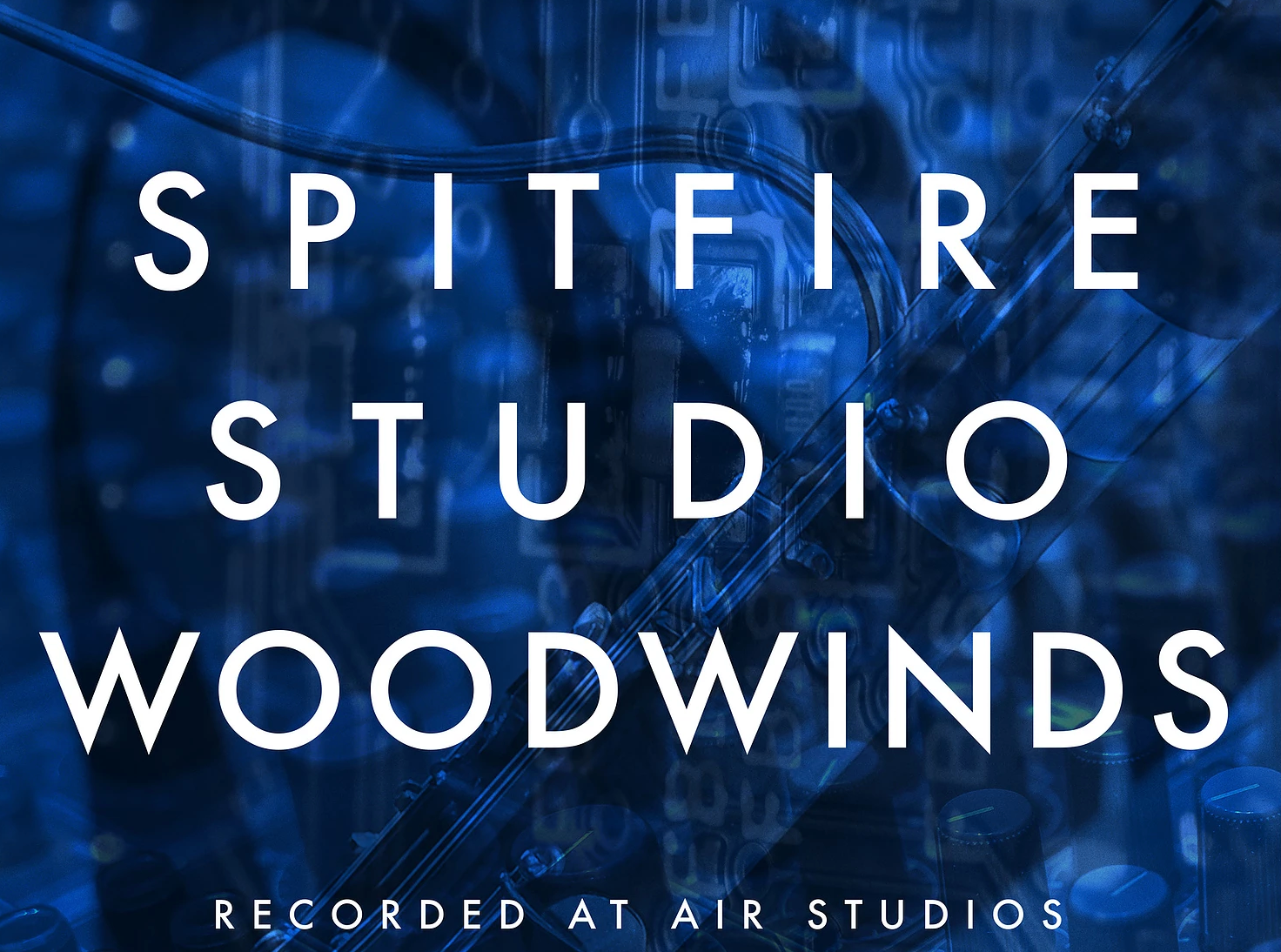Spitfire Studio Strings is Spitfire Audio's first release of a new Spitfire orchestral range of Kontakt libraries. The Professional edition is $399 (reg. $499) and the 'core' is $199 (reg. $249) during its initial sale period. Studio Strings is a massive release with 210GB of samples, 232 articulations (for Professional) across Violins, Violas, Celli, and Basses of a 30 piece string section. The core edition features less microphones and articulations, but the price difference is relatively small (my opinion) so I would recommend purchasing the professional edition if you have the cash. Check out the product page here.
No matter which version you pick up, there are certain key factors about Spitfire Studio Strings that are common between the professional and core versions:
-
Recorded in Air Studios - this is important because it will match most of Spitfire Audio's other string libraries, and the sound is relatively dry so you can really control the space of the sound
-
They recorded the samples to tape, and brought on Grammy award-winning engineer Simon Rhodes
-
Lots of articulations - you can see this for yourself on Spitfire's site, but they really went to town making sure this library had everything you could ever want. Instruments covered are Violin, Viola, Cello, and Bass (across different group configurations).
-
The standard Spitfire GUI - if you've used Spitfire's previous Kontakt libraries, you'll feel comfortable navigating this very familiar GUI
-
Its a Spitfire Audio library - this one is obvious, but you have to admit that Spitfire has a reputation for making some of the world's best string libraries (and a lot of other great libraries). To me, their name is synonymous with high quality samples.
Before we dive into the details about this library, check out this overview and first impressions video I did. In it I walk through the vast library of .NKI files and show what each one contains, along with some demonstrations.
If you didn't watch the video, no biggie; we'll go over the topics in this post. To summarize the conclusion of that video: its a huge library with a ton of capability (and the legato instruments are incredible). Now lets dive into the details of Spitfire Studio Strings, and compare the professional vs. core editions.
Core vs. Professional
I'm going to refer to the pricing at the retail pricing (not the sale price) for the rest of this post, but keep in mind that its on sale during the first couple weeks of its launch (like most Spitfire products).
Taken straight from Spitfire's site:
Core: $249
Features a standard (8, 6, 6, 6, 4) player setup, with access to the classic Tree microphone position.
-
Main String Section (8,6,6,6,4)
-
148 Articulations (playing styles long, short pizzicato etc)
-
Up to 3 dynamic layers and 2 round robins (longs)
-
Up to 4-8 dynamics (shorts)
Professional: $499
Professional opens the door to peerless detail and control, offering 5 extra mics, 2 extra mixes, large band (16.12.12.12.4) and two divisi sections.
-
Main String Section of (8,6,6,6,4)
-
Two Divisi Sections (4.3.3.3) We have also included divisi or half sections for the first time to give a new level of modular control
-
Large band (16.12.12.12.4) Consisting of the Main Sectionand the two Divisi Sections
-
232 articulations (playing styles long, short pizzicato etc)
-
Up to 3 dynamic layers and 2 round robins per section on longs
-
6 Mic Positions
-
2 Stereo Mixes
You'll notice that the biggest difference between the two is that the core library lacks almost 90 articulations, 5 mics, 2 extra mixes, and the large band / divisi sections. Whether the difference in price difference is worth it to get these extra features is up to you: I would highly recommend taking a deep look at the list of articulations and microphones you'd be missing out on if you were to get the core library. My belief for products like this is that its usually best to go all out and get the best if you want to sound the best - you purchase a library like this because you care about quality, not because you just need 'any' string samples. The core edition only includes the tree microphone position, so you won't be able to play with the spatial dimensions very much unless you get the professional edition.
You can probably guess from the previous statement that I have the professional edition of Spitfire Studio Strings, so anything forward regarding my opinion of the product is based on my personal experience with the professional edition. Spitfire Studio Strings is more of an all-purpose string library than an application specific one. To demonstrate this I composed two short songs.
Musical Demo's:
First, a 'standard' string based song. I played around a little bit making the high strings somewhat spacious and far away, while having the bass playing legato with close mic samples. I think the samples sound wonderful in this, and its 100% Spitfire Studio Strings Professional:
Next, an example more akin to how I use string libraries. My usual genre's of music are rock, metal, pop, electronic, and ambient. So I wanted to try using the strings in an electronic context, with heavy processing. All strings are from Spitfire Studio Strings Professional, with drums and modular effects from Softube's Modular and Heartbeat VST's:
If down the line I compose more songs heavily with Studio Strings, i'll add them to the end of this post. But from those examples I hope you're seeing the diversity of a library like this. The electronic song likely could have easily been done with Albion One, and the first song could have probably easily been done with a mix of Albion One and Albion Tundra. This library does both no problem. I also don't think that the legato samples would have been as great if I were to use the other libraries.
Patch Structure:
The .NKI files (the patches / techniques / articulations) are broken up into several main categories:
-
All-In-One - These feature the main articulations for each instrument. They are broken up into various player configurations and instrument (for example, Violin 1 (16), Celli (6), Basses (4) ), so you can load a particular instrument with a particular amount of performers, and choose from the main most common articulations in one place.
-
Extended Techniques - These are broken up into Core techniques, Decorative techniques, and FX: they are also further broken up by instrument, number of players etc.. The core techniques expand the all-in-one articulations for more common techniques, the decorative techniques are the less common but still 'normal' articulations, and the FX patches include unique things like gliss semitone, trill minor second, runs, and much more.
-
Individual Articulations - In this list you'll find .NKI files loaded of individual articulations from above. This is useful if you know exactly what you want, or you want to make a template file. Loading just the articulation you want saves a lot of memory, so these are very useful to have available.
-
Other Patches - These include patches like economic longs, economic shorts, and time machine patches. Economic patches are ones that only include either longs or shorts to save memory. Time Machine patches are ones that use Kontakt's Time Machine sampling engine to change the duration of short notes (spiccato, pizzicato).
The Review:
To try to put my opinions of the product into some kind of perspective you can relate to, i'm first going to establish some metrics:
-
Sample Quality - completely opinion based, how I feel about the sounds
-
GUI - mostly opinion based, partially objective (does it have enough control, is it too cluttered?)
-
Flexibility - relative to market (does it have common features, or does it lack anything competitors give?)
-
Cost and Cost / GB - partially opinion based, partially objective, relative scale
-
Extra, above and beyond - did they include anything that makes it unique, or special?
I'll give each of the 5 categories a score out of 5 stars, and then we'll average those scores to give the library a final score out of 5 stars. To me this is a fair way to combine opinion and objective characteristics.
Sample Quality
I think i've made it quite clear that I think Spitfire makes excellent sample libraries. I haven't noticed any weird glitches, high amounts of noise, or errors in playback. The instruments all sound crystal clear and we know that they recorded the samples to tape and hired a Grammy award winning Engineer to help (and used some classic microphones). It was also recorded in Air Studios which is a very popular place to record both sample libraries and music.
I can't point out exactly why, but the legato samples in this library sound incredible to me. Especially when using the portamento legato samples, I feel like theirs an actual string player in front of me performing under my command. Setting the legato portamento be triggered under velocity gives you a tremendous amount of control while writing lead melodies. Stacking violin, cello, and bass to create your own legato multi is a truly out of this world experience. Seeing this in Paul's (one of the Spitfire founders) video on Spitfire Studio Strings is what initially peaked my interested about this library, so check that out either in his video or in my overview video. It will blow your mind.
To me this is the definition of 5 stars. If there were a couple issues I encountered I would subtract a couple points, and if there were a lot of issues this could go down fast.
Sample Quality: 5/5 stars
GUI
Spitfire provides a pretty common GUI across all their Kontakt products, which is an excellent idea. Its main window gives you a very fast way to switch between articulations, change from close to far mixes, change dynamics, vibrato, reverb, and expression (these are dynamic so they change depending on the .NKI loaded). The advanced window gives you much more control into individual microphone balance, loading presets, transposing, setting up other common parameters, and more. They also include something called 'The Ostinatum" which is kind of like an arpeggiator on a synthesizer.
The GUI is clean and to the point, while still giving enough features to fully define what you want to do. It looks good and functions good.
GUI: 5/5 stars
Flexibility
Spitfire assigns Dynamics to the Mod Wheel, and Expression to the volume wheel or slider on your keyboard controller, which makes for a convenient way to play the instruments live (or record MIDI data to control dynamics). You can assign detailed control to each articulation to trigger it depending on keyswitches, velocity, and more - very useful if you don't want to load multiple instances of the plugin (CTRL click the articulations to set this up). On that same note they have included individual patches and other economic patches so you can load only what you need, and make efficient templates using the library.
The various microphones available allow you to finely control the spatial aspect of your instrument, and the other advanced controls like transposition allow you to easily stack and create your own multi instruments. Combining this with the detailed control of articulations and you can very quickly make multi's that are essentially full orchestras.
A lot of these features are standard across other competitors libraries. Comparing this to Heavyocity's string library NOVO, Spitfire Studio Strings does lack some features in flexibility. NOVO allows you to modulate a lot of effects parameters, and basically turn your string samples into a pseudo synthesizer. The other thing NOVO does well is creating tons of snapshots of various presets to easily load a very unique sound for your application. While I don't think all of these features have their place in Spitfire's products, they would have been nice additions (kind of like the various effected patches Spitfire includes in their Albion lines).
Grading the flexibility on its own right gives it a 5/5, but comparing it to something like NOVO I would give it a 4/5. It lacks a lot of the flexibility features of NOVO, but I don't think Spitfire Studio Strings really needs all of them, thus only subtracting 1 star.
Flexibility: 4/5 stars
Cost and Cost/GB
Spitfire Studio Strings Professional is $499 retail, and is 210 GB in size. To me this seems like a very fair price. To give you perspective, the Cost / GB of the Professional library is $2.38/GB. For comparison the Core edition costs about $19/GB ($249 for about 13 GB of samples). You're definitely getting much more bang for the buck with the professional edition, which is another reason I would recommend getting it instead of the Core.
For more comparison, here are some other Cost/GB values (using the non-compressed GB values):
Spitfire Albion One - $5.16/GB
Heavyocity NOVO - $14.45/GB
East West Symphonic Orchestra - $4.81/GB
SAM Symphobia 2 - $10.17/GB
Again Spitfire Studio Strings Professional is $2.38/GB. Its pretty clear that this is a very cost effective way to get a ton of samples. Of course size isn't indicative of quality or efficiency, but its just another metric to use. My personal opinion is that Spitfire's libraries are well worth the money overall.
Cost: 5/5 stars
Extra
This category is a little vague, but i'll describe what I think Spitfire gives that is 'extra', even if its not necessarily 'extra'. The level of articulation control in Spitfire's libraries is very good, and this library is no exception. The microphone selection gives you incredible control of the spatial dimension, and the reverb that is built in further pushes that. Spitfire has gone to great lengths to record most of their libraries at Air Studios, which can be very useful when using multiple libraries in a track to fit them together spatially. Also, their consistent GUI design is very comforting since you don't have to relearn the GUI every release.
These are small details that add up to something great, or 'extra' in my book. However they did not include the heavily effected versions of the samples like their Albion series libraries, and there is nothing out of the ordinary from the average Spitfire library.
Extra: 4/5 stars
Final Score:4.6 Stars
Final Comments:
Due to all of my positive comments you can probably tell that I love this library, and I highly recommend you check it out. It sounds great, has a great GUI, gives you a ton of control, and is very fairly priced. If you're going to get 1 single high quality string library, this is the the one to get. Albion One is a similar priced library by Spitfire that is also great, but it doesn't focus solely on strings; while it overall gives you more diversity and the string samples are still great, they're not as great as the string samples in Spitfire Studio Strings.
So go watch some more videos covering it, listen to some demos, and head over to theSpitfire product page to learn more! Its great, just buy it already.




